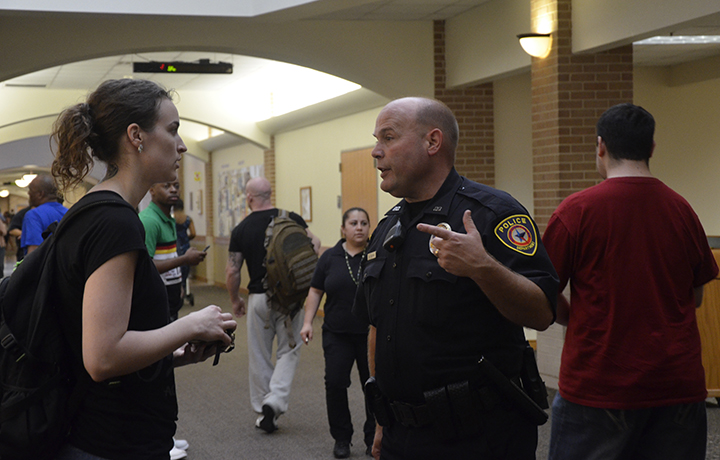By Kenney Kost/managing editor
State Rep. Bill Oliveira, D-Brownsville, filed a bill that attempts to protect consumers, allowing for purchased tickets to concerts or sporting events to be resold with no restrictions such as price limits or paperless tickets. While it may protect the small percentage of consumers who may need to sell or gift a ticket, it also protects ticket brokers and for-profit scalpers in the process.
Buyers should have the right to resell tickets to an event they may not be able to attend or gift a ticket to someone without any hassle. However, creating a business around profiting on ticket resale is flat-out wrong. Like the saying goes, one bad apple spoils the whole bunch.
Ticket brokers make money hand over fist for doing nothing more than buying mass quantities of tickets and then turning around and immediately reselling them for 100-150 percent more than face value, sometimes more. Somehow, they can do this even with per-person quantity restrictions, and they get the best seats. A show will sell out in 10 minutes while the average consumer must go through a ticket broker to see the performance.
This practice should be against the law. Artists dedicate their lives to their craft and deserve the compensation they receive for their efforts. Most artists have a large payroll when they go on tour and receive a percentage of ticket and merchandise sales. Ticket brokers have no one to pay other than a few employees and make total profit for any amount over face value for doing absolutely nothing.
Scalpers are no better. They post up at intersections around the venue, bombarding cars and patrons, attempting to buy and sell tickets for profit.
Allowing this bill to pass will do more harm than good. It will set a precedent for any future attempts by artists or sports owners to quell ticket broker and scalping practices. Pitching the bill as “protecting the consumer” is simply false.
It may allow someone to resell a ticket on the rare occasion they have to miss a show. But, in the long run, it hurts consumers who cannot buy a ticket at face value because some companies purchase them out from under the true fans.


























